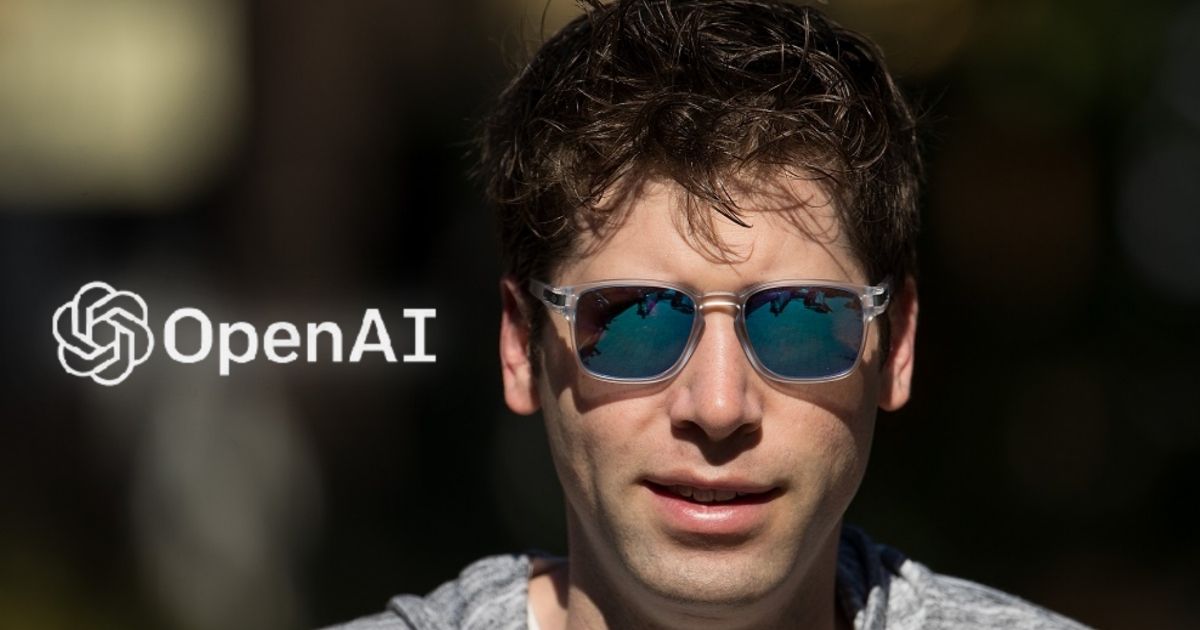
OpenAI’s Founder and CEO Sam Altman is reportedly raising over $7 trillion to start a venture in semiconductor production. According to a report from the Wall Street Journal, Altman has approached several investors from the Middle East for an ambitious project of chip development. The news comes shortly after his post on X (formerly Twitter), which expressed Altman’s interest in building a massive-scale supply chain for AI.
OpenAI is currently leading the AI segment worldwide and also backed by the tech giant Microsoft. However, artificial intelligence consumes a lot of computing resources, leading to an increased demand for industry-grade processors, GPUs, and Neural Processing Units (NPUs). The global chip production has been struggling to keep up with this ever-rising demand.
Services like ChatGPT and DALL-E by OpenAI currently rely on a supercomputer built by Microsoft, which contains over 10,000 Nvidia GPUs. However, this approach is hard to scale in the longer run as the company is still dependent on external resources to outsource its hardware. This is why Altman wants to start his own chip production venture.
OpenAI is not the first company to explore the segment of self-developed chips.
Microsoft has already developed two custom processors, Cobalt 100 and Maia 100, which are also utilized by OpenAI. It also allows companies to design the chips for their specific applications. Google is also working on its in-house AI processors, which they plan to introduce by 2025.
Chip manufacturing isn’t easy
While the idea sounds great on paper, chip manufacturing is currently one of the biggest challenges in engineering if you plan to start everything from scratch. Due to this reason, even giants like Intel, AMD, and Apple, who are capable of designing their own chips have to rely on Taiwan’s TSMC for manufacturing their processors.
The nitty-gritties are still unclear
As of now, the exact details of Altman’s visionary $7 trillion venture have not been revealed. But considering the estimated budget of this project, we can assume that OpenAI plans to develop everything, from chip designing to final production under its own foundries. For comparison, the GDP of India is $3.3 trillion.
While some industry experts see this as a great ambition, others have marked this idea as ridiculous due to the numbers. TSMC, which accounts for over 53% of global semiconductor production has a total market capitalization of around $600 billion.
The bottom line
When we compare this real-world revenue of TSMC with Altman’s ask for his upcoming semiconductor plans, the numbers just don’t add up. But considering that the world is transitioning to being driven by AI, it is possible that OpenAI is looking into this segment 20 years ahead of time. Nevertheless, it will be interesting to see how Altman pulls this through.
















